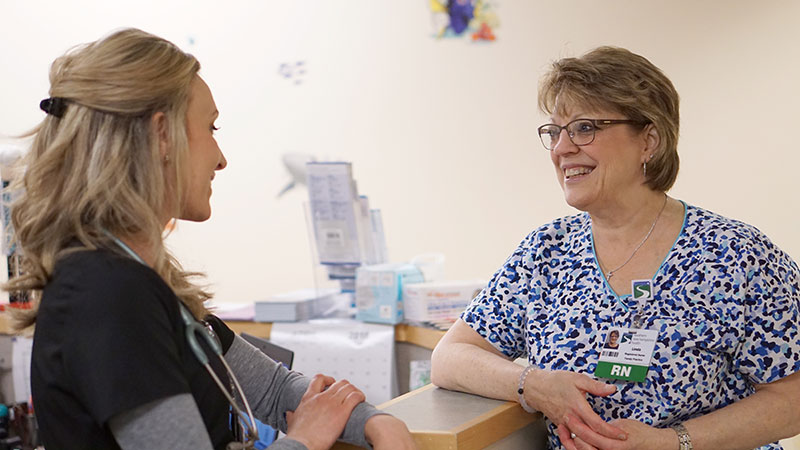An integrated delivery system is a high functioning collaboration of affiliated providers and provider organizations (hospitals, health care centers, home health care agencies, etc.) who work together to deliver comprehensive, high quality and seamlessly coordinated care to meet patients’ needs.
The philosophy of truly integrated care delivery is that, regardless of where an individual or patient enters the health care system – whether it be via a primary care provider (PCP), a specialist provider, the Emergency Department, etc. – they will receive the same level of high quality, high value care from primary and specialty care providers who work together on behalf of the patient.
SolutionHealth’s commitment to truly integrated care delivery means that every patient will have easy, coordinated access to exceptional care with more advanced care available close to where they live, with added expertise of specialists from clinically affiliated academic medical centers like Massachusetts General Hospital.

